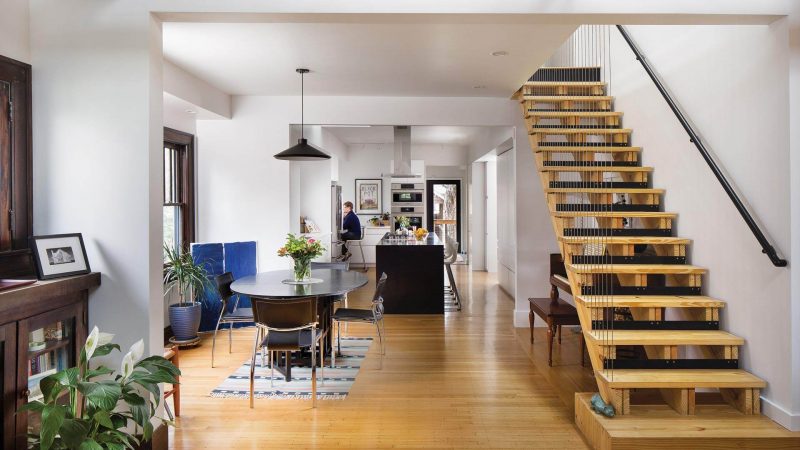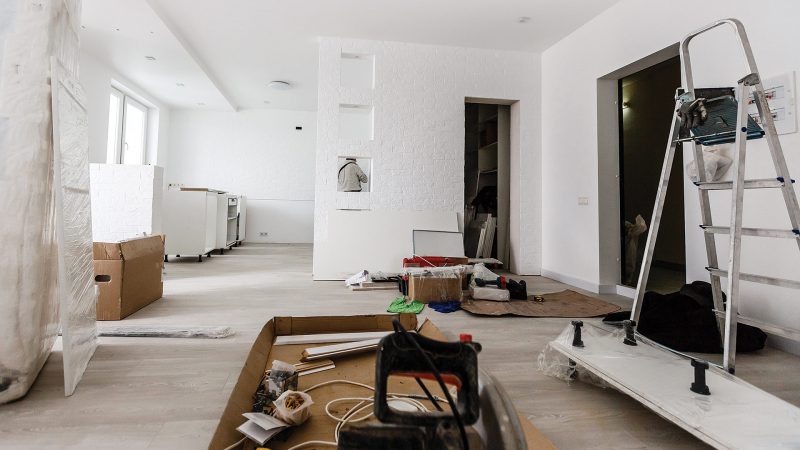Top 10 Home Improvement Tips Every Homeowner Should Know

Whether you’ve just bought a new home, a fixer-upper, or a condo in some fancy neighborhood, there’s just something about buying and owning a property that seems to bring out the DIY decorator and interior designer in every one of us. Here are some advice that will help you transform your new place into an actual home.
Choose improvements that add value.
Not all improvements are going to add to the overall value of your home. While you may have a long list of things that you’d want to be done to your interior and exterior, it is best to prioritize the ones that you need. You’ll probably only have limited funds to spend anyway. So, stick to improvements that make sense.
Prioritize timely projects.
Certain home improvement projects are more urgent than the rest. You need to prioritize. For instance, if you want to add something that will be most useful come winter and the cold months are just around the corner— get them done ahead of the rest.
Know when to DIY and when to call help.
Even when you are quite handy with tools, it is not at all times that getting a project DIY-ed is always a good idea. There are home improvements that may be more complex and those that will require more than just a pair of hands to accomplish. There’s nothing wrong with trying to take on a task on your own if you believe you can do it right. But for bigger, costlier, and more complex projects, it doesn’t hurt to call for expert help.
Hone your skills.
Learning some decent home improvement skills will go a long way. While you can always call the professionals whenever something needs fixing, it would save a whole lot of cash when you learn how these simple things are done around the house. Also, the wide array of tutorial videos online will definitely help resolve that.
Look for home improvement inspirations.
There are tons of websites out there that offer some crafty ideas on how to get your home improvement project done. If you want something quirky that is easy enough to execute even when you might not have a lot of home improvement experience, Pinterest is your friend. You’ll be surprised at how even the simplest and smallest things can be made into something spectacular when you have the right idea in mind.
Invest in tools.
It’s next to impossible to get your home improved using your bare hands only. You’ll want to have tools that you can easily just grab the moment inspiration strikes. Make sure your toolbox contains all the necessary things you need to perform repairs. This could include basic plumbing and carpentry tools. You can even start collecting these tools a few items at a time, and before you know it, you’ll have a workshop complete with everything you need for your DIY projects.
Know how to finance your projects.
Home improvements can cause money so be prudent in every undertaking you decide on. Try to work on things that will add value to your home. Find projects that might even make you eligible for tax breaks. This way, you don’t just get your home to look good, you get to earn back some money from it in the process.
Look for the right contractors.
For those instances when a project needs the presence of the experts, make sure to call only experienced and reliable contractors. Check their background and track record and pay attention to the word of mouth about them so you will not be disappointed.
Avoid costly home improvements.
You’ll always be expected to spend some cash on these home improvement projects. But this doesn’t mean that you’ll give yourself a free rein on how much to spend. Remember, your budget would be limited so try to find ways you can save on costs. There are always parts of a project that you can skimp and splurge on. Figure this out ahead of time to get the most from your funds.
Always have a plan.
A lot of people make the mistake of starting something without a clear idea of what it is exactly they want. Never start any project without clearing out the major details. From the design, cost, materials, to even the length of time it would take for the project to get accomplished. The absence of a plan might lead you to have constant changes of mind halfway through. This doesn’t just delay the project, it will likely cost more too. So, craft a plan and make sure to stick to it.




